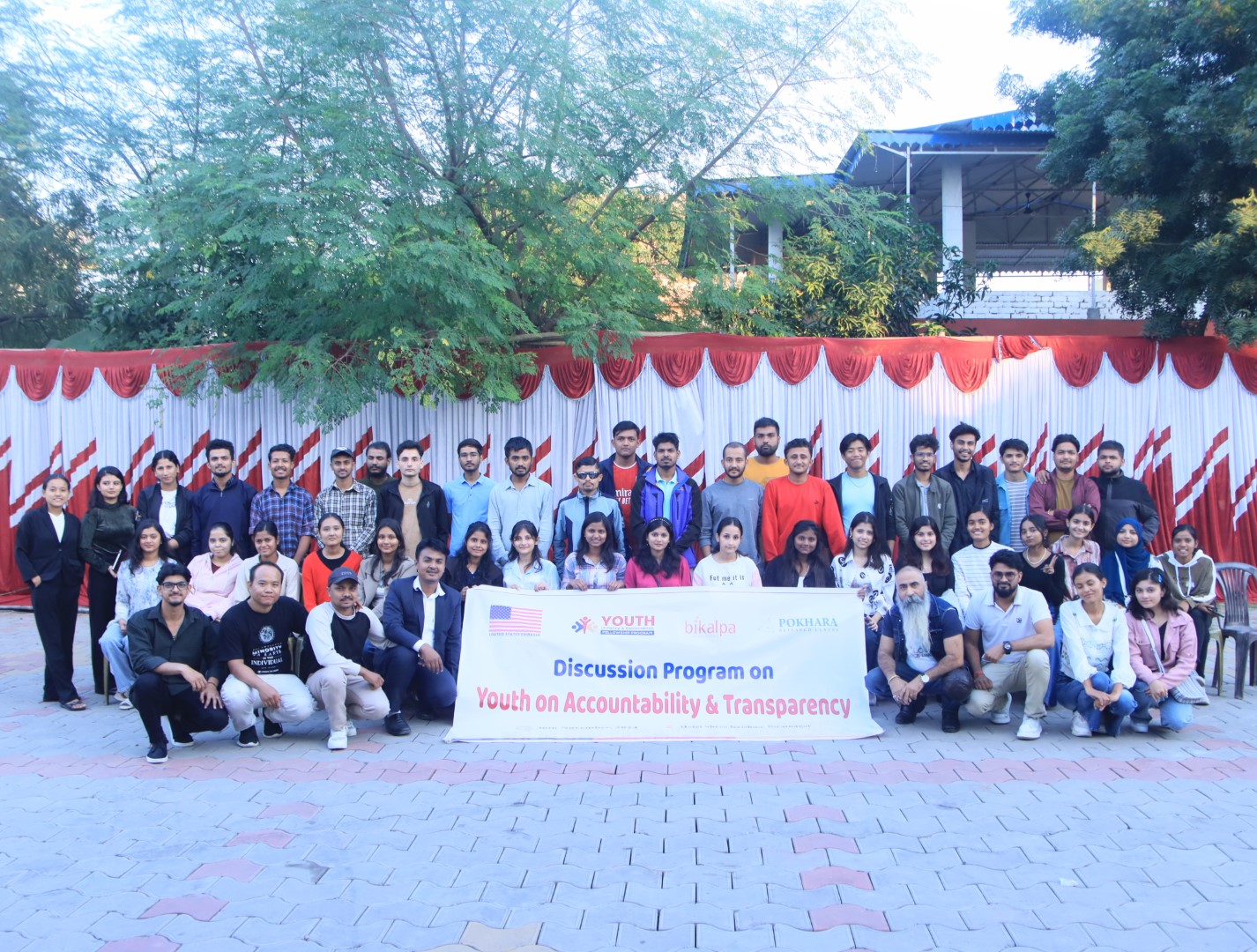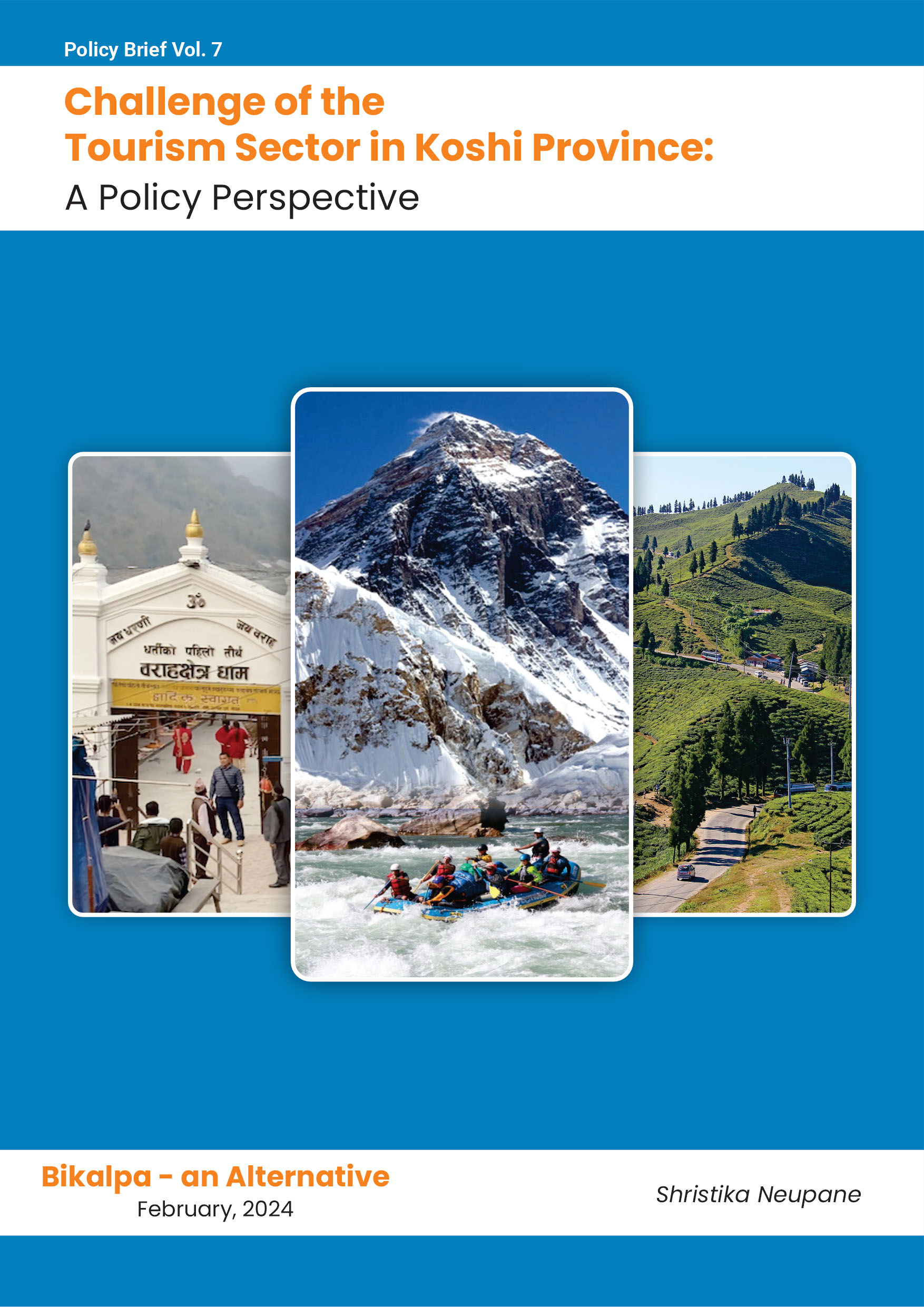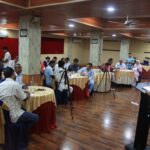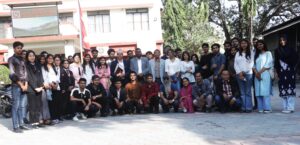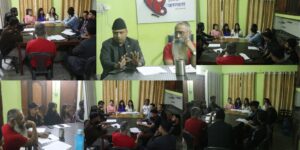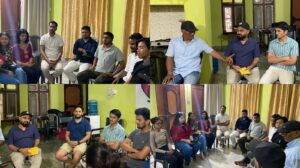
Bikalpa an Alternative in collaboration with the Pokhara Research Centre (PRC) and with support from the US Embassy Nepal, organized a discussion program on the theme “Youth on Accountability & Transparency.” on 30th Novemebr 2024 at Hotel Shree Krishna . The session aimed to empower young minds to understand the critical elements of governance and their roles in ensuring accountability and transparency in public and private sectors.

The session commenced with Mr. Basanta Adhikari expressing warm gratitude to the participants for the opportunity to engage in insightful discussions. The discussion emphasized the essence of governance as a people-centric process designed to deliver services effectively, equitably, and efficiently. Governance was described as a mechanism ensuring active stakeholder participation while fostering trust and satisfaction among citizens. Mr. Adhikari highlighted the pivotal role of knowledge as a compass for effective decision-making, stressing the need for continuous learning and adaptive policies to address society’s dynamic needs. He vividly illustrated these concepts with practical examples . He also stressed the importance of delivering services efficiently, equitably, and responsively to foster trust among citizens.
The session also outlined the Characteristics of Good Governance, focusing on critical elements such as:
- Rule of Law and the End of Impunity
- Accountability and Transparency in Government
- Efficient Service Delivery
- Corruption-Free Society
- Citizen Participation
- Visionary Planning for Development
The discussion outlined the characteristics of good governance, including the rule of law, accountability, transparency, effective service delivery, corruption-free society, citizen participation, visionary planning, and accelerated development. Participants reflected on these principles, discussing their relevance in contemporary Nepal.
Accountability in Focus: The session delved into who should be accountable and why, addressing the roles of individuals, private entities, and public agencies.
- Private stakeholders: They impact public welfare, and accountability ensures ethical practices and trust. Neglect leads to public discontent and reputational loss.
- Public agencies: As stewards of public resources, they must ensure transparency. Failure in accountability undermines trust and hampers development.
The interactive session inspired participants to reflect on their roles in promoting good governance and holding stakeholders accountable, fostering a culture of transparency and responsibility.
The session delved into who should be accountable and why, addressing the roles of individuals, private entities, and public agencies.
- Who should be accountable? (Individuals, private stakeholders, and public agencies)
- Why is accountability essential? (To ensure trust, fairness, and systemic efficiency)
- Consequences of non-accountability? (Erosion of public trust and ineffective governance)
Mr. Adhikari passionately articulated the importance of evolving policies to align with societal needs, ensuring sustained benefits. The interactive format fostered a collaborative learning environment, encouraging participants to actively engage, seek clarifications, and contribute to a deeper understanding of policy frameworks, governance, and execution. This session inspired a shared commitment to fostering transparency and accountability in governance.

Following that, the session on the debate, “Who should be responsible “ was moderated by Mr. Suman Rai. In the session, participants were divided into three groups where in each group YPG Fellow members were part of the team. The area selected for the debate were education, health, fuel/gas, and electricity. The three teams, Government, Community, and Private, vowed how their respective sectors could handle public delivery more efficiently than the opponent sectors. 45 minutes were allocated for the team members to prepare themselves for the debate program.
After the debate session the concluding remarks was shared by Nisha Thakur YPG Fellow members . She thanked all the fellow participants for their active participation. The program ended with a hi -tea and networking session.

